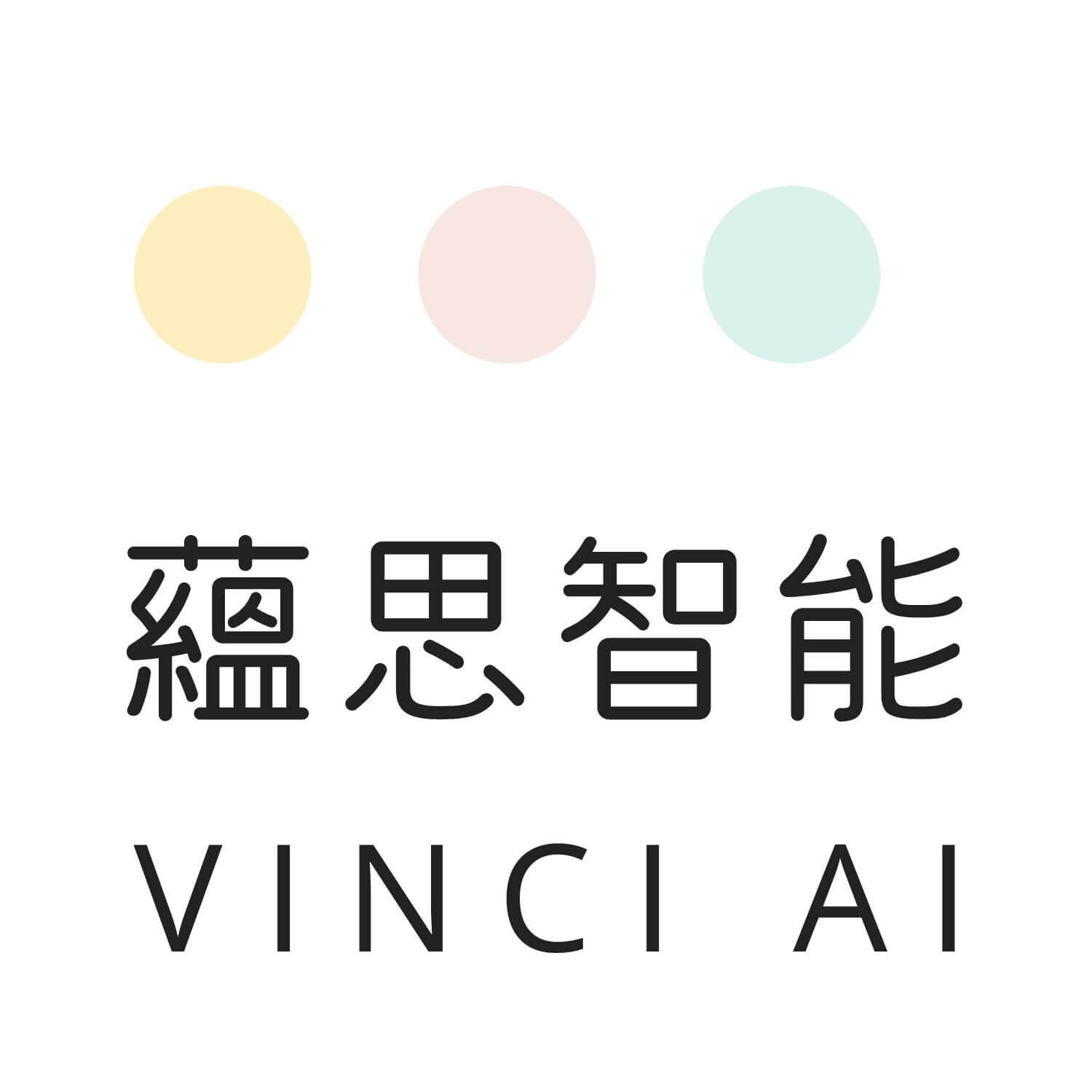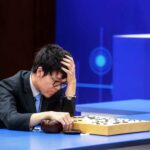Jointly developed with Hong Kong Education City
Computational thinking and game design
This "Computational Thinking Game Design Course" jointly developed by us and Hong Kong Education City aims to introduce students to the basic concepts and skills of game development and cultivate their computational thinking and creativity through the use of the MakeCode Arcade platform.
Students will learn to use MakeCode Arcade's simple block programming interface to create their own games based on student level, and experiment with different game elements and interactive designs. This workshop will provide an interactive learning environment where students can experience the fun and potential of game development.
Course topics include:
- Key elements of operational thinking
- Apply computational thinking to solve problems
- Introduction to Graphical Programming
- Create your own game with MakeCode Arcade
- Design games that include levels, characters, scoring, etc.
- Develop different types of games such as fantasy mazes, space adventures, etc.
What will students learn?
Course content
After completing this computational thinking course featuring Makecode Arcade, students will master the concept of computational thinking and be able to appreciate its importance in cross-domain problem solving. They will be able to identify the core components of operational thinking and apply these principles to analyze and deal with complex problems. Students will also become familiar with concepts related to graphical programming, allowing them to build programs through programming blocks. In addition, they will understand the comprehensive game programming process from initial concept to final product and be able to design various aspects of game flow.
Ultimately, the course will train students in practical skills such as using Makecode Arcade to construct, test and improve games, and debug games, effectively turning their imaginations into reality while cultivating the ability to use computational thinking to solve problems.
Introduction to operational thinking
The course will start with an initial exploration of computational thinking, introduce the concept of computational thinking, and emphasize its key role in solving complex problems and programming fields, as well as the use of computational thinking to develop the skills of logical thinking, innovative thinking, and system analysis.
Key elements of operational thinking
Students will gain an in-depth understanding of the key elements of computational thinking, including decomposition, pattern recognition, abstraction and algorithm design, understand the role of these key elements in the problem-solving process, and understand how to apply these elements to solve students' problems in learning and through various examples. Challenges in Everyday Life.
MakeCode Arcade game production
The course will guide students to use the MakeCode Arcade graphical programming platform to create actual games, allowing students to combine computational thinking skills with game design and apply what they have learned in the course. This course allows students to get their hands on a practical, effective, and systematic thinking model.
student works
After completing the course, students will be able to use the MakeCode Arcade platform to create suchDream maze,space adventureand other different types of original game works. They will use computational thinking and creative design capabilities to design games that include levels, characters, scoring and other elements to create personalized and interesting works that demonstrate their knowledge and skills in game development.

Operational Thinking FAQ
What is operational thinking?
Operational thinking is a problem-solving method that uses basic concepts of computer science, such as algorithms, abstraction, decomposition, pattern recognition, etc., to analyze and solve problems. It is not limited to programming, but a universal way of thinking that can be applied to various fields.
Why is it important to learn operational thinking?
In today's digital age, computational thinking is a critical 21st century skill. It can help students develop logical thinking, creativity, problem-solving skills, etc. These abilities are very important in their studies and future careers. In addition, computational thinking can also improve students' digital literacy and help them better understand and respond to the opportunities and challenges brought by technology.
At what age is computational thinking suitable for students to learn?
Concepts of operational thinking can be adapted and taught to different age groups. Generally speaking, basic concepts of operational thinking, such as algorithms, decomposition, abstraction, etc., are introduced from the primary school level, and these thinking abilities are cultivated through some simple and interesting activities and games. As you grow older, you can gradually learn more complex concepts and applications in depth.
Does learning computational thinking require mastering programming?
Although programming is an important application of computational thinking, learning computational thinking does not necessarily require mastering programming. Computational thinking pays more attention to problem-solving ideas and methods, rather than being limited to specific programming languages or tools. Of course, by learning to program, you can better understand and practice the concepts of computational thinking.
How to apply computational thinking in daily life and learning?
Operational thinking can be applied to all aspects of life and learning. For example, when solving mathematical problems, you can use the ideas of decomposition and abstraction to break down complex problems into smaller sub-problems; in writing, you can use the idea of algorithms to organize content according to certain steps and rules; in teamwork, In this process, the idea of parallel processing can be used to rationally divide labor and improve efficiency. Encourage students to observe and think more in daily life, and try to solve problems using computational thinking methods.

AI artificial intelligence courses for primary and secondary schools
- Super AI Challenge Competition Course
- National Youth Software Programming Level Examination Course
- OpenAI ChatGPT chatbot course
- ICT Python Course
- Drone Programming Course
- CoSpaces VR/AR Creation and Experience Course
- Introduction to AI Artistic Creation:
- Introduction to AI Music Composition
- Sports and STEM innovative courses (jointly developed with the Education University of Hong Kong)
Why choose Vinci AI?
University lecturer teaching team
VInci AI's teaching team is rich in experience, including university teachers who teach master's AI courses in various colleges and universities.
Curriculum developed by PhD-level experts
Vinci AI's PhD-level AI expert team, providing the most professional artificial intelligence courses
Recognized by research institutions
The teaching platform developed by Vinci AI has received support from Cyberport. Vinci AI is also a STEM education partner of the Productivity Council.
Want to schedule on-campus classes?
Contact our consultants
Vinci AI offers on-campus courses, including STEM Day events, competition training, and after-school programs. We welcome you to contact our expert consultants to arrange suitable topics and formats for your needs.






